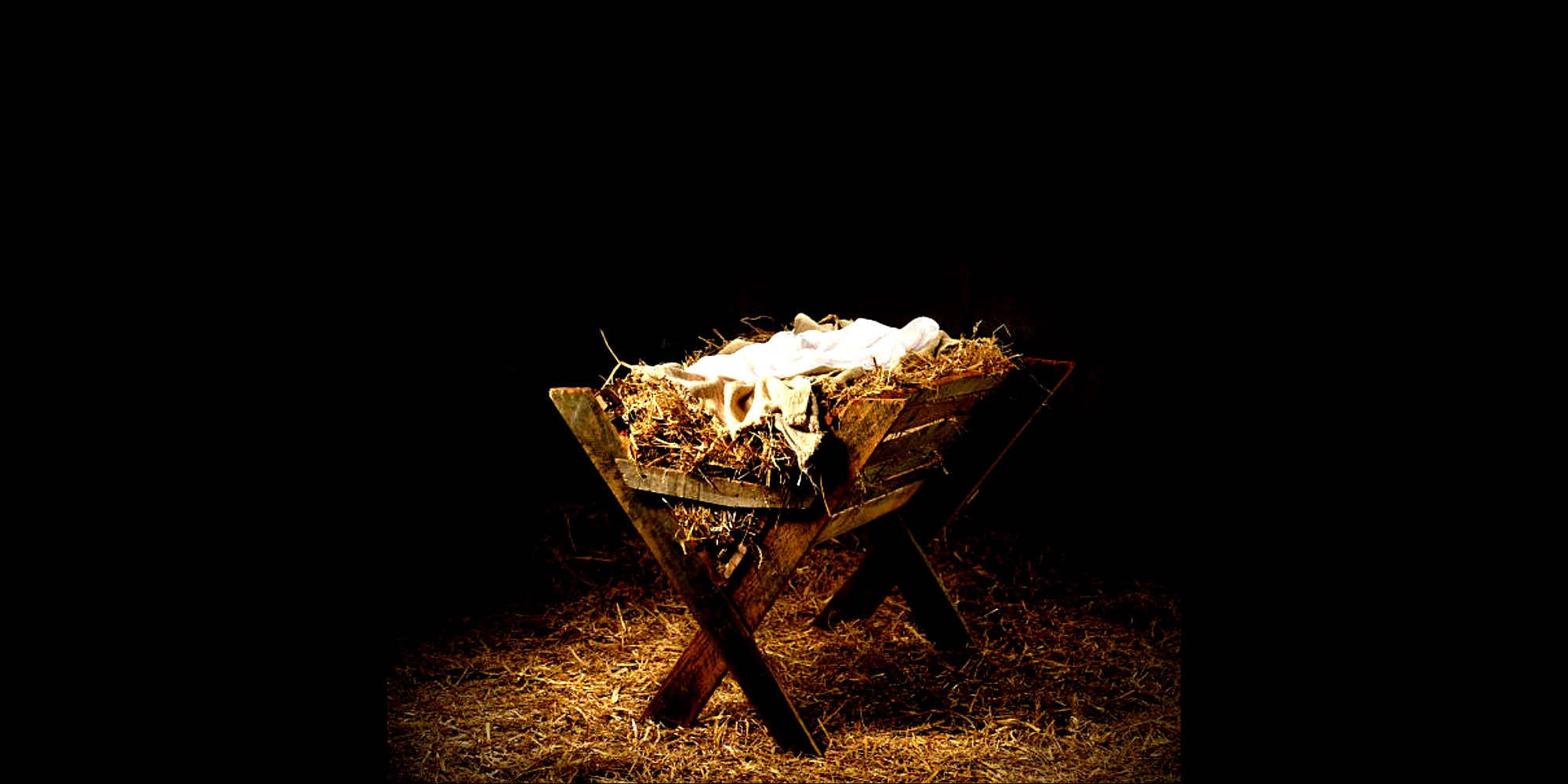
BLOG

Revisioning Our Imaginations - The Buried Imagination (Part 6)
These modes then become a vehicle for the incarnation of God’s love and presence in our souls. This can lead to conversational prayer, something like, “Lord, I’m so weary of this desert, the mountains are high and there’s no water—I can’t find my way through. Where are you here?” Or “This cave is so dark, and I’m just feeling around for walls and holes—Lord, I feel so lost, it’s so hard not to see—how might you meet me here?” Thus, we enter the pattern set for us in the Psalms of lament, reimagining our broken realities alongside God….

A Prayer for Weariness and Division
As we journey with individuals and groups over the course of a year, there are a few themes that seem to come up again and again.These are two of them: Weariness and division. These experiences have deep roots. They take us into the reality of our hearts and into our experience of God.And can help us to glimpse a facet of God’s character and power that we wouldn’t otherwise see. They also help us to see ourselves, our habits, our needs, our natural responses to limitation and brokenness. And these are powerful areas to cultivate honesty in a prayer life. What would it be like to talk with God about your weariness What would it be like to share space with God and consider areas of division?

Wrestling with God This New Year & Free Resource
The time between Christmas Day and New Year’s Day has always been somewhat sacred to me. In a sense we’re between celebrating the birth of baby Jesus and also the birth of a New Year. All of the momentum of December, all of the meaning of Advent, suddenly has some space to breathe after the festivities. And, naturally, I begin to reflect. For some, this may bring natural gratitude and worship for all that God has done. For others, the past year carries loss, questions, or even regret. What stands out to you about last year? One of my favorite poets, George Herbert, an…

What if Thanksgiving Isn’t Working for Me? - Part II
What if in trying to be thankful, it feels like we’re only contrasting what isn’t working? Sometimes our focus on the good-things can seem to only shed light on how much darkness there is. Well, later in the New Testament, Jesus calls us to remembrance too. It’s on that last night with His disciples, during the last supper, He instituted an act of remembrance called Communion…For those who are really in it, walking through dark seasons, it is this remembrance of the Cross, that can be so healing. Jesus didn’t just stand at a distance…

What if Thanksgiving Isn’t Working for Me? - Part I
What is thanksgiving? I don’t just mean the holiday—but the actual word. That verb. The action of giving thanks. During the holiday of Thanksgiving, we commemorate that idea of giving thanks but can lose the vitality of what it is we’re actually doing. What’s going on here? Thanks + Giving = What?

How Is My Imagination Formed? - Part 5 in the Buried Imagination
The significance of the imagination is deepened when we consider how our imagination is formed. I watch Hope, our 1-year-old daughter, toddling through her days, touching, seeing, reacting—learning everything for the first time. Her experience is constantly intaking the new. She touches the order God created—and the image in her eyes reoccurs as a first form in her mind. Over her first year, she is watching and hearing interpretations of those forms from…

Skeptics, Belief, and a Biblically Rooted Imagination - Part 4 in the Buried Imagination
Today, one might hear it said in Church that “The heart is deceitful…and desperately sick,” but not always rounded out with, “I will give you a new heart, and a new spirit I will put within you.”[v] Of course, the former scripture validates the fact/value division, while the latter begins integration into a whole-hearted person.[vi] We separate imagination from the intellect and reason from faith, when these ought to work in tandem, serving each other underneath the love of God.

Beautiful Poem from Mount Hermon Trail
Place of Repair, O blessed place of refuge!
How gladly will I come to meet Him there,
to cease awhile from all the joy of service,
to find a deeper joy with Him to share!
Place of Repair, for tired brain and body!
How much I need that place…

How Does Our Imagination Actually Work? - Part 3 in the Buried Imagination
Sixty years ago, J.R.R. Tolkien argued against critics who said his fantasy works led people into escapism. Critics remarked that, at their best, his books were an excursion from reality, and at its worst a lie that created self-deception.Tolkien said in response, “Why should a man be scorned if, finding himself in prison, he tries to get out and go…

Is Our Imagination Reliable? - Part 2 of the Buried Imagination
Sixty years ago, J.R.R. Tolkien argued against critics who said his fantasy works led people into escapism. Critics remarked that, at their best, his books were an excursion from reality, and at its worst a lie that created self-deception.Tolkien said in response, “Why should a man be scorned if, finding himself in prison, he tries to get out and go…

The Buried Imagination - Part 1
Open your hand. Imagine I rest an old key in your palm. “Try this,” I say. You nod and look up—I am gone—and before you is the wall of a room inset with the frame of a door. Light emanates from its edges. The whole length of the door is inscribed with thousands of languages. Some which you recognize, others look only like symbols and signs. As you approach the door, you notice there’s a nob but no keyhole. Your fingers trace the frame, but it’s no good. The door is locked….

A New Year Prayer + Two Free Resources
What are you anticipating in 2023?
Perhaps goals are floating in your head about the future?
Perhaps you've made decades of resolutions and goal-setting is becoming less enticing?
Or perhaps, like others, you're just bracing for what's to come?
Well, as the clock is ticking forward,
we're offering two FREE RESOURCES
To stay connected to Jesus this New Year...
The Fullness of Christmas Time
As we celebrate the arrival of baby Jesus into a broken world, a child that would grow up to be our Savior & King, sometimes our heart can forget how to receive this good news amid the busyness. Or we find that our days have left us feeling estranged from a once tangible wonder of Christmastime. How has this season been for you?

What Jesus Thinks about Death and Grief - Part I
s I’ve reflected on John chapter 11 the last few weeks, I’ve been impacted by Jesus’ intentionality during His last weeks of “earthly” ministry. Of course, His earthly ministry has continued for 2,000 years, but we’re talking pre-resurrection here ;) In this scene, Jesus is navigating a slew of conflicting factors regarding the…

Is Integration Possible?
A major question I’m noticing from first-time clients, is can I trust experience of God? Or for some, how do I integrate my experience of God’s Spirit with the Scriptures or my church community?
There is something true about this desire to be careful - God’s word encourages us to “watch over our hearts with due diligence.” But I am concerned also, about an underlying skepticism in our culture of the emotional-spiritual…

The Weight of Weariness
Are you familiar with this verse above? I don’t know about you, but I’ve been experiencing a growing weariness during this season. And it makes me wonder about how God actually expects us to gain His strength in weary seasons.
It is redundant to say the words COVID, pandemic, race issues, election, riots, on and on. In my recent conversations, I’m noticing how, for many, the shock and unbelief of our circumstances in 2020 has dissipated and given way to a deep well of weariness. Weary of questions. Weary of news. Weary of updates. Changes. Regulations. Masks. Distance. Division. Opinions. Fear. It’s like the skills we’ve used to survive the last year are revealing their fruits in the new year, and, despite the multifaceted ways we’ve coped with worldwide change, and despite our best intentions, a similar fruit arises across our culture: weariness. It’s so much easier…

Christmas In Our Deepest Wants
Sufjan, a believer, subtly introduces the truth of the gospel when he notes how Christmas can come, can arrive in the most ordinary of circumstances. It still surprises us how Christmas can come to us—the Christ-mas that is Jesus Himself—still arrives in the midst of loneliness, pain, fear, poverty, even, yes, in a manger in a forgotten town to a seemingly insignificant couple.
Sufjan's song, though echoing the sadness and loss of this season, actually teases out the true beauty of Jesus's coming to us and for us. He is the gift to a lost and broken world like ours.
He is the gift that comes, not into our ideals of Christmas, but into our reality this year, this very…

Social Distance Christmas
This certianly is a strange December!
There are usually so many fun, celebratory traditions surrounding Christmas that we treasure (and many are staying creative in how to celebrate).
But this year, our regulations can create a felt-loss that keeps us from celebrating the way we would like to, that way that usually leads to thankfulness and a recongition of God's special presence during Christmas. It’s healthy for us to recognize those areas of loss as well as engage with our God who births his own Life into our seasons. Just like the carol, Sweet Little Jesus Boy, we can often miss the covert ways that God invades our everyday struggles. When we miss noticing God’s…

Adjusting Our Urgency
While sitting at my desk this morning, before jumping into the fray of the day, I took a moment to turn my heart to the Lord. Honestly, I knew I needed to. I was already behind. Woke up later than I’d wanted. Was already playing catch-up with my work. Faced a slew of tasks. One had already fallen through the cracks. My mind whistled like a steam engine, “Let’s go!”
I had tried, while in the bustle of getting ready in the morning, to turn my heart to the Lord. To multitask my relationship with God. Which, at times, can be a small victory. But, this morning in particular, it wasn’t an actual connection. It wasn’t long enough to…

Processing Fear
As part of Soul-Care, Keri and I often develop individualized and general prompts for prayer to encourage our clients/directees to bring their hearts, their inner-most-thoughts, the personal process to the Lord in prayerful conversation. The FREE resource below can help conversation with God, where fears can be spoken and transformation can occur. For some, this is liberating, for they finally feel the permission to share more deeply with God, while for others, this is intimidating as they tread-softly…
